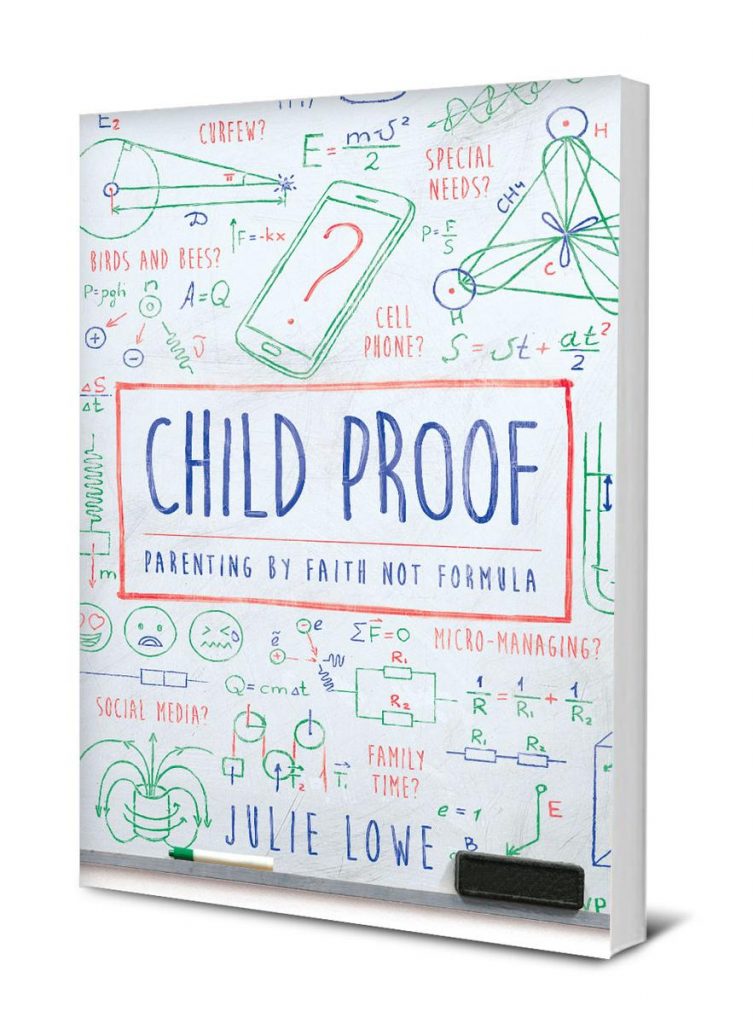Many years ago, our family went to a Christmas party. A children’s gift shop was offered for kids to shop for family Christmas gifts. You know the type: often stocked with dollar store finds, silly items, or discarded, unwanted gifts no one else claimed.
Our kids enjoyed shopping for gifts, wrapping them, and returning home with bags of goodies. One of our sons, AJ, was bursting with pride over the gift he found for his father. “I can’t wait to give it to Dad,” he exclaimed. “He is going to love it!”
“THE” Gift
With great pleasure, he pulled out this bulky, rusty-looking metal mirror. He could not have been more proud of himself. “Don’t you think Dad is going to love this!? He can hang it in his office.” I had a hard time restraining a look of humor (and disdain) and simply nodded my head. His delight in finding the perfect gift for his father and his eagerness to see his dad’s response, did not match my perception of his father’s reaction. And indeed, when the present was opened, I was correct, though as any dutiful parent knows, you feign delight to make your child happy.
Never quite knowing what to do with the bulky item, it sat for a period of time in our office, then in our bedroom, then in the garage. Several years later, during a house fire, the rusty mirror met its end. One day, our son mentioned how disappointed he was that the mirror was lost in the fire. “I bet dad misses that mirror. It was such a good present,” he said. Over the years, it became a funny tale between my husband and me—both AJ’s pure joy in giving his dad the gift, as well as the humor (and relief) over the mirror’s demise in the fire.
The Joy of the Giver
What made it such a funny tale was how confident and excited AJ was in his gift-giving. It may forever remain a mystery why he thought an old metal mirror would be an ideal gift for his father. But what does stand out is a young boy’s grand delight in giving the “perfect” gift—a child who believes he knows what his father wants and enjoys, and is thrilled to offer that treasure to him. In hindsight, we mistakenly put our focus on the gift, when the real treasure was the delight our son had in giving it. It is the heart of the gift giver that we should cherish most.
If that bulky mirror still existed, it would be more genuinely valued, but not because it gained any inherent desirability. The value imparted to it is the love of a son for his dad; a son whom we love and delight in.
The Intent of the Giver
This season, I am struck by two thoughts. Maybe we can look at unwanted gifts in a different way. Though we may be given things that hold little interest or value to us, we should consider the intent of the gift giver. That will change the value in our eyes. And even more important, we should reconsider the value of the Savior, our greatest gift. He is often forgotten in the midst of this season. We have been given a gift worthy of our awe, yet too often he gets discarded as unwanted. Let’s pause to truly cherish our most precious gift, and enable that gift to remind us of the heart of the most gracious and perfect Gift Giver.
This blog was originally posted on the CCEF blog.






